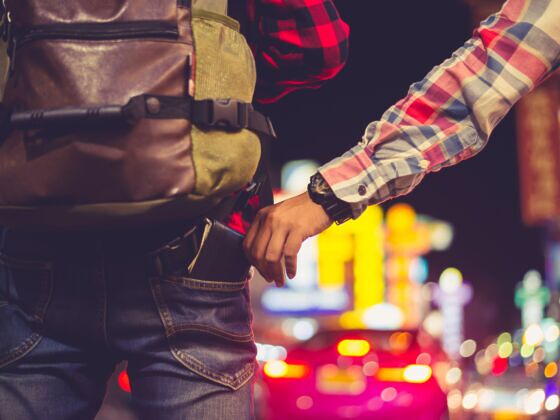Running into scams can be common for many travelers and many times, it’s because of what they don’t know. Traveling in big cities and in any touristy area will draw scammers and people looking to take advantage of trusting or unsuspecting travelers.
Staying aware of your surroundings is the first step in avoiding travel scams before they happen. You will encounter friendly people on every trip but regardless, stay alert and wary if something feels or looks off.
Here are some of the most common travel scams that every person should watch out for:
